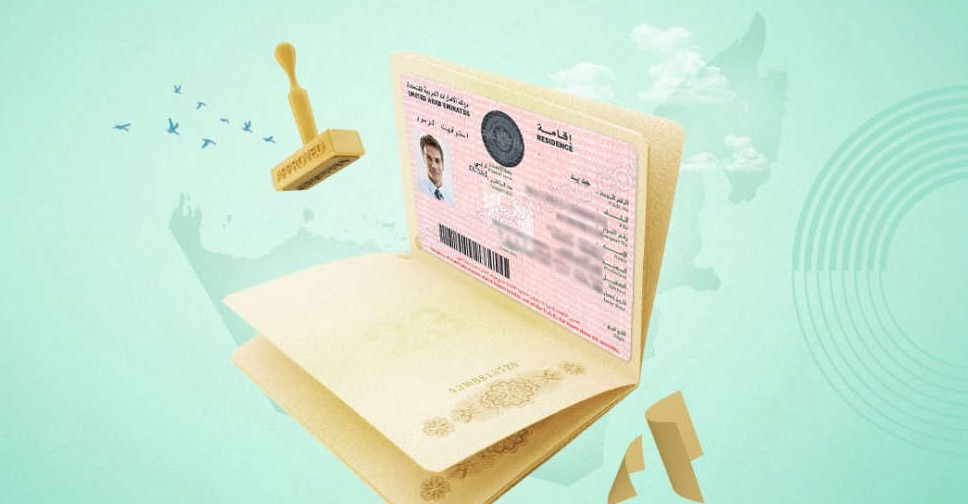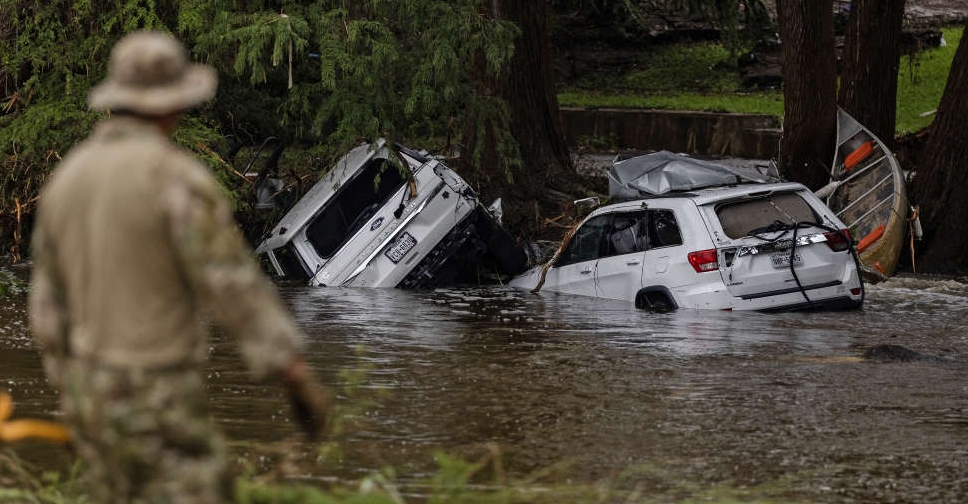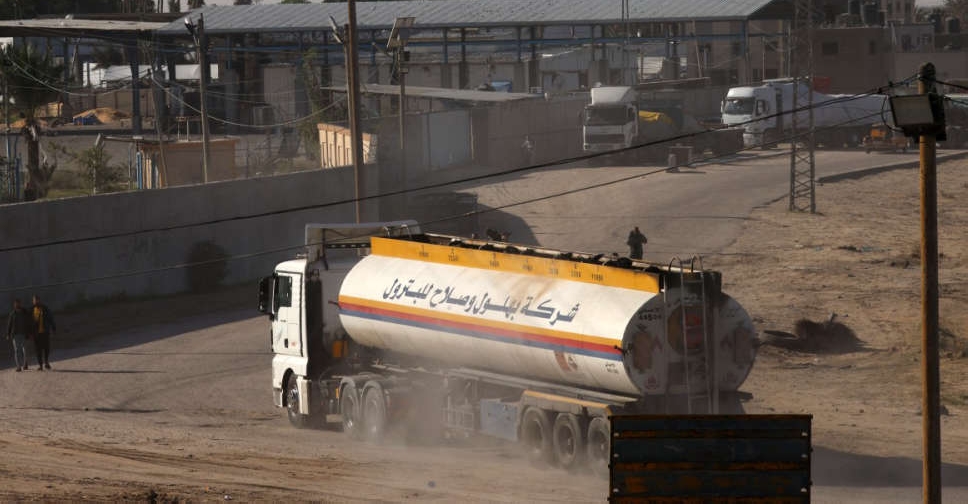
Israel announced the delivery of 200,000 litres of fuel to the besieged Gaza Strip after the United Nations said that a lack of stock was hampering relief operations.
The Coordination Unit for Government Activities in the Territories ( COGAT ) of the Ministry of Defense, which oversees Palestinian civil affairs, announced the transfer of 200,000 litres (52,834 gallons) of fuel to international organizations in the Gaza Strip.
She added that the fuel was delivered through the Kerem Shalom crossing from Israel to southern Gaza, through which most humanitarian aid enters the Strip. However, it does not usually contain fuel.
She added that "all trucks loaded with fuel were inspected" by Ministry of Defense employees, adding that the fuel would be allocated "to the basic requirements of the international community, including hospitals, humanitarian areas, logistics centres and the distribution of humanitarian aid."
The announcement came after UN agencies warned that the closure of the Kerem Shalom crossing and the neighbouring Rafah crossing this week had halted the entry of fuel, making humanitarian operations almost impossible.
Andrea Di Domenico, who heads the United Nations Office for the Coordination of Humanitarian Affairs in the Occupied Palestinian Territories (OCHA), confirmed to Agence France-Presse on Thursday that 200,000 litres of fuel are needed daily to enter Gaza to continue operations.
According to Di Domenico, "there is no stock" of fuel in Gaza, noting that "this completely paralyzes humanitarian operations."
Sylvain Groulx, Operations Manager at Médecins Sans Frontières (MSF)emergency coordinator in Gaza, pointed out that "Israel cut off electricity supplies during the beginning of the war."
He explained, "Hospitals and other basic needs such as bakeries, telephone networks, and banks have become dependent on these generators that require fuel."
He added, "Therefore, it is necessary for Israel, within the framework of its responsibilities as an occupying power, to either provide electricity or ensure the availability of fuel in sufficient quantities, which means opening the border points."

 Australian Erin Patterson convicted of mushroom murders
Australian Erin Patterson convicted of mushroom murders
 Death toll from Texas floods reaches 78; Trump plans visit
Death toll from Texas floods reaches 78; Trump plans visit
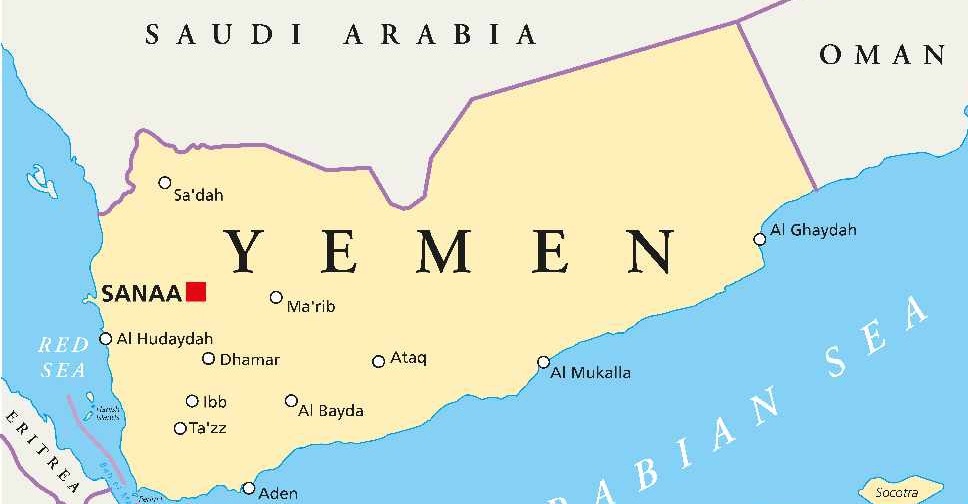 Israel attacks Houthi targets in three Yemeni ports and power plant
Israel attacks Houthi targets in three Yemeni ports and power plant
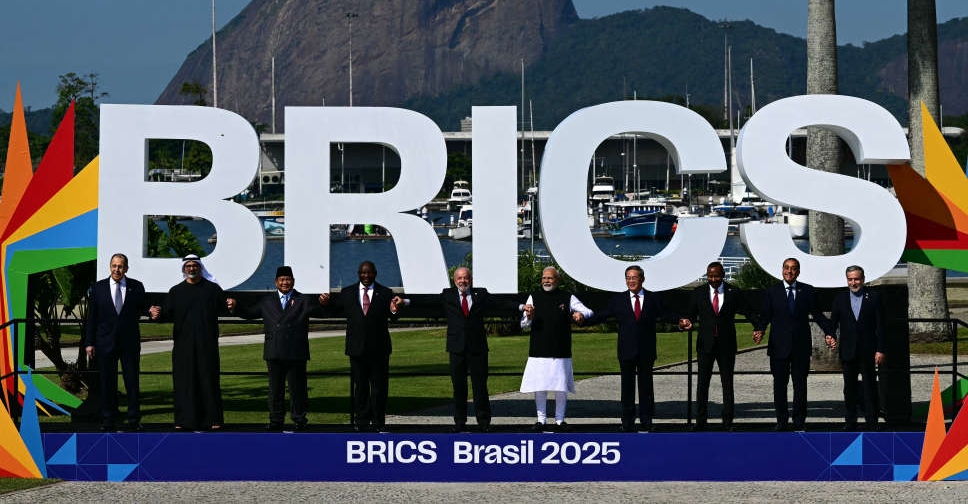 BRICS leaders condemn Gaza and Iran attacks, urge global reforms
BRICS leaders condemn Gaza and Iran attacks, urge global reforms
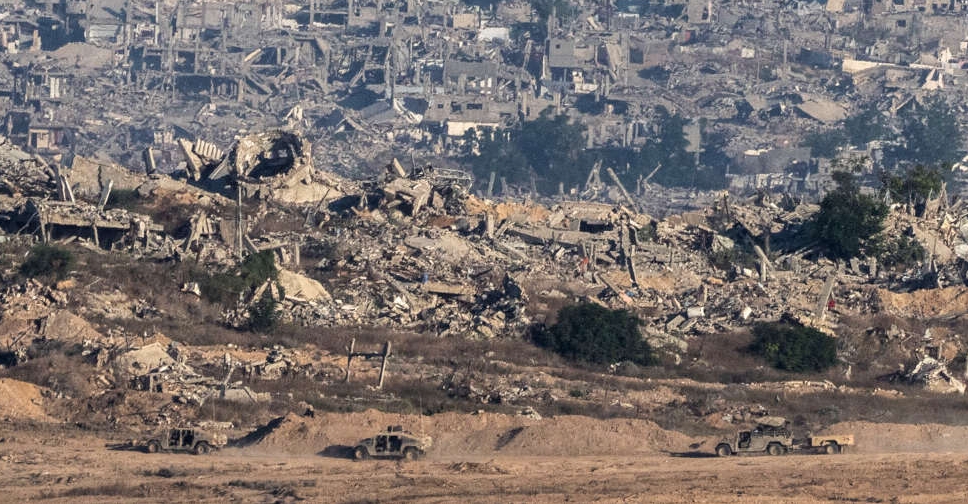 Israel sends delegation to Qatar for Gaza talks ahead of Netanyahu trip to US
Israel sends delegation to Qatar for Gaza talks ahead of Netanyahu trip to US
